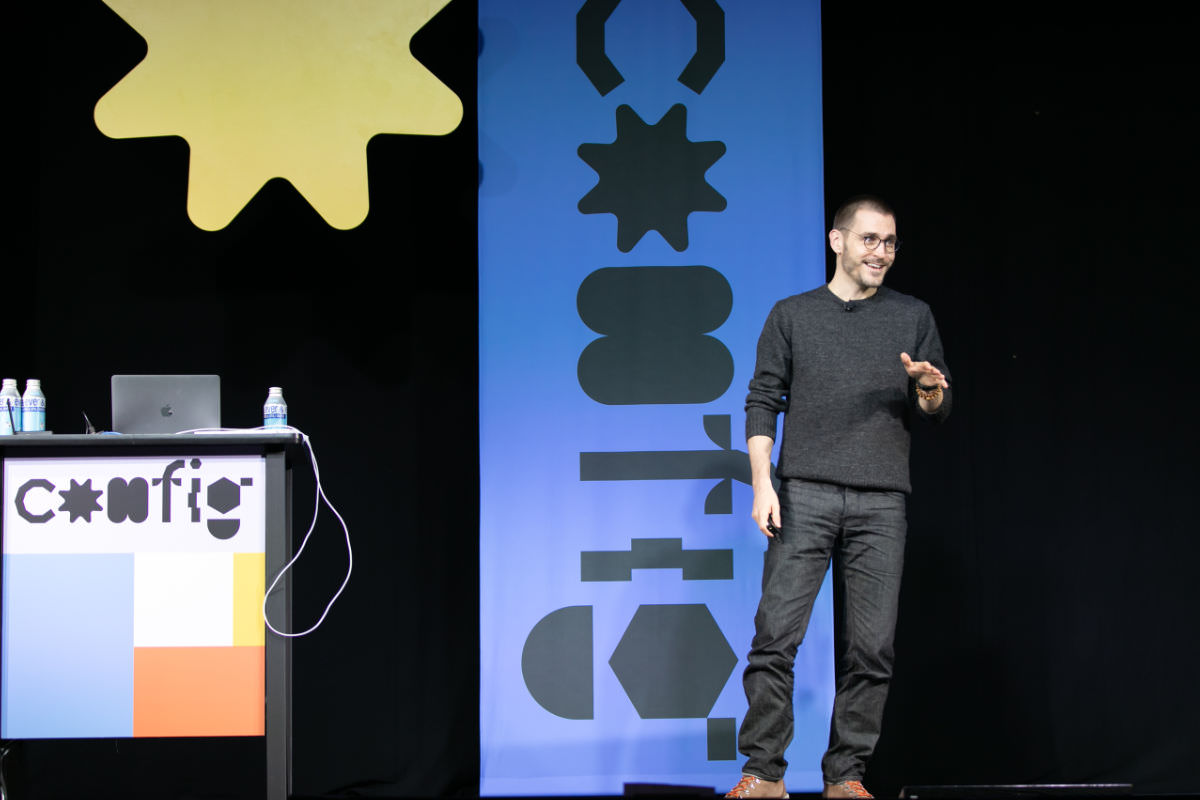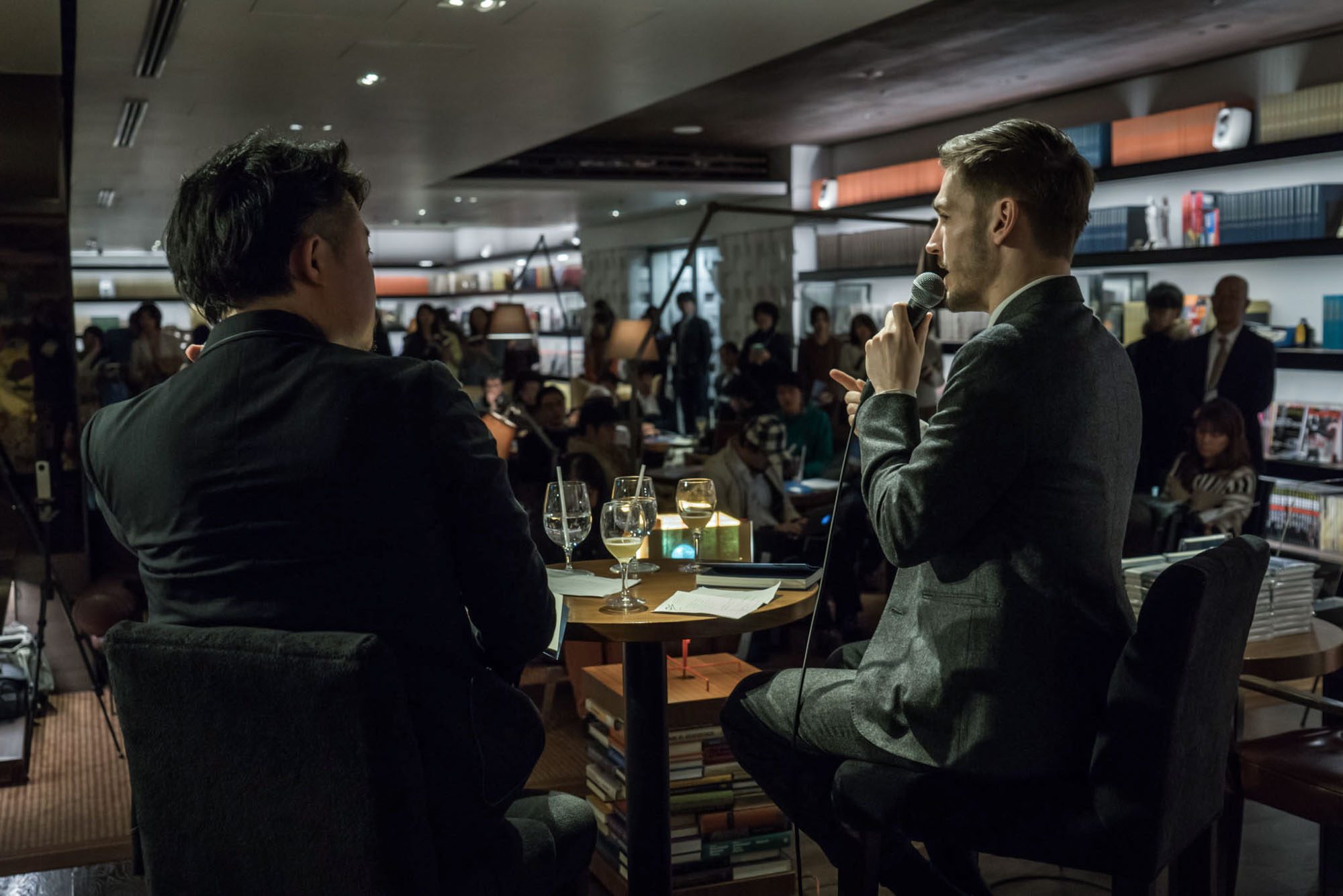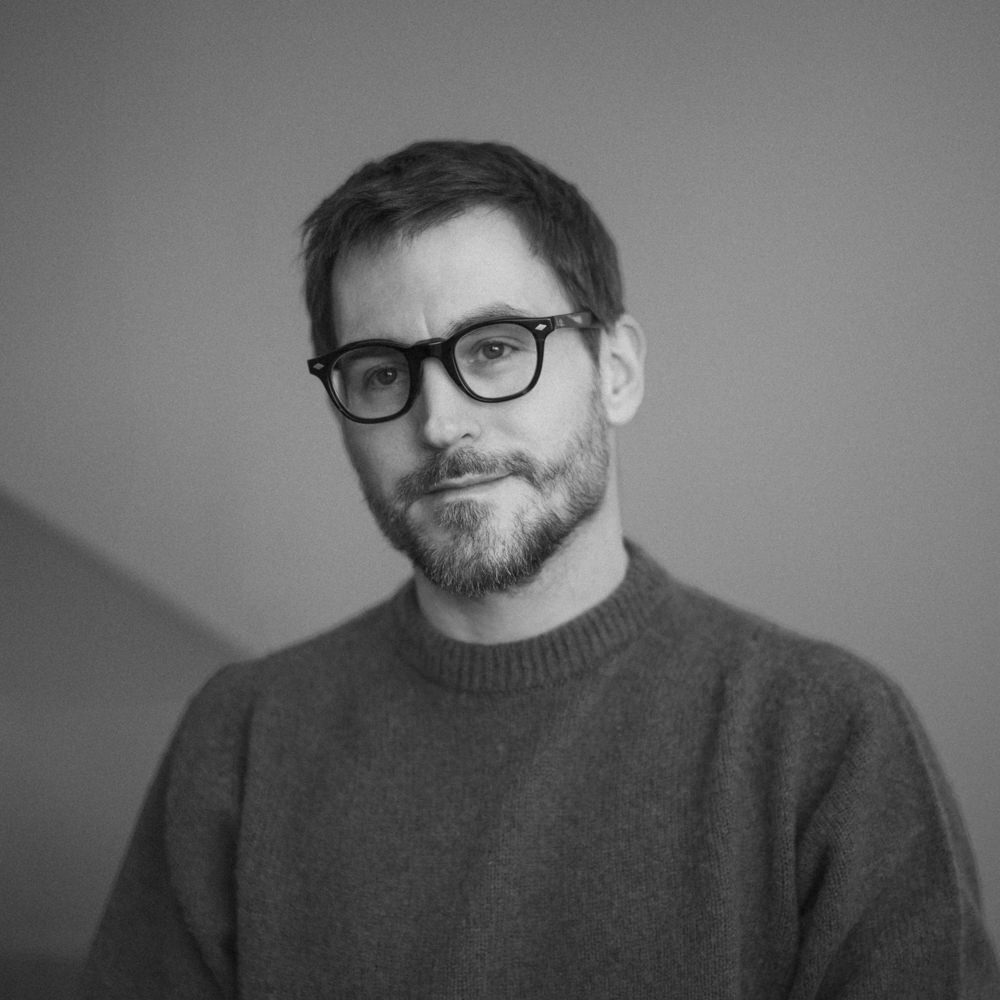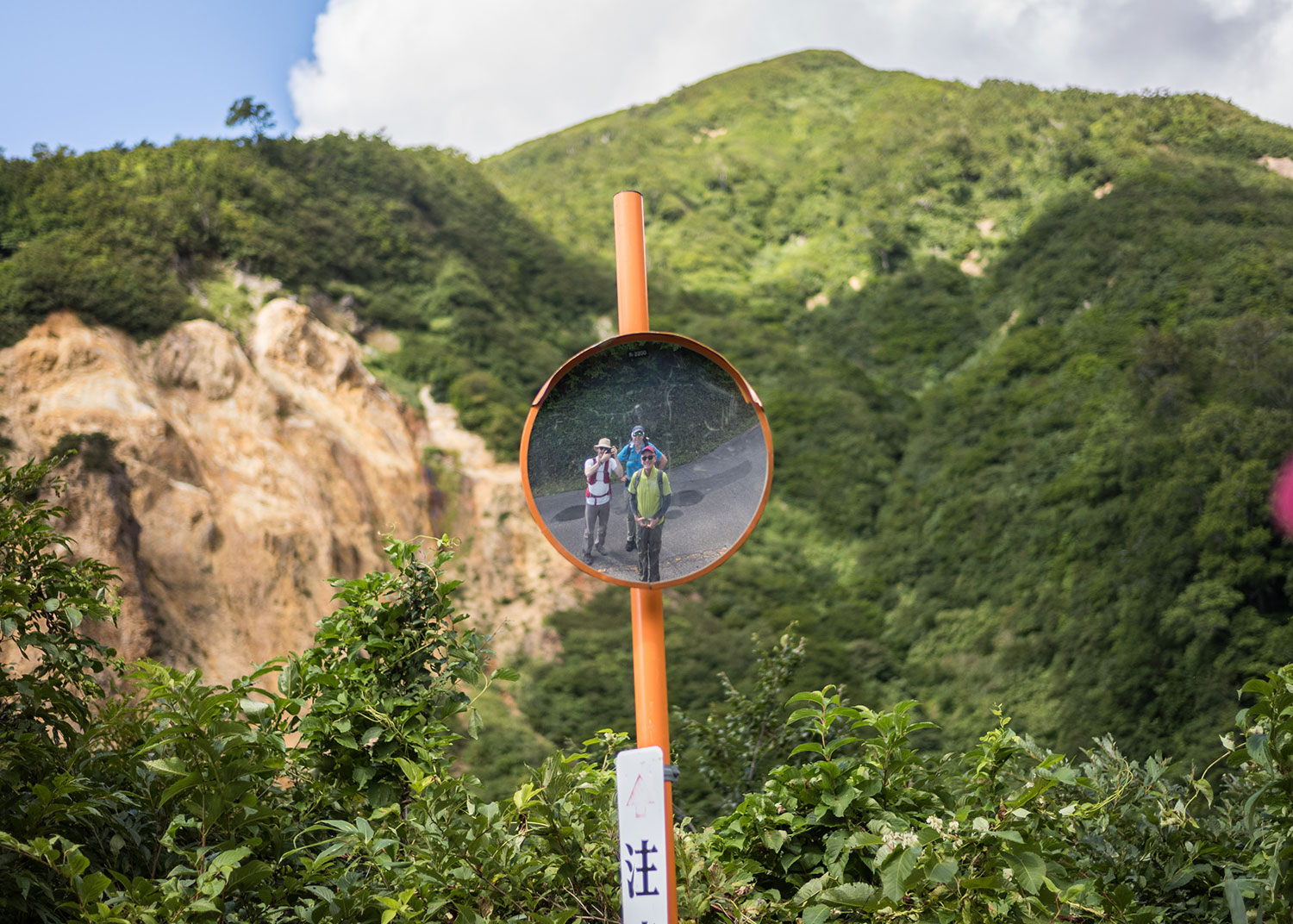Particulars
SPECIAL PROJECTS
Since 2019 I've run a "membership program" which now powers almost all the work I do. It's called SPECIAL PROJECTS and you can read more about it here, and subscribe here.
Publications
I've written for WIRED, The Atlantic, California Sunday Magazine, Eater, The Japan Times, Papersky Magazine, New Scientist, The New Yorker, Virginia Quarterly Review, The New York Times, CNN.com, Codex: A Journal of Typography, A List Apart, and other magazines, newspapers, and websites.
Books
I'm the author (and designer/co-designer) of the following books:
- Things Become Other Things (Random House Edition — 2025) — a massive expansion on my fine art edition
- TBOT (Fine Art Edition — 2023) — a book on walking the Kii Peninsula in central Japan, and reflecting back on a friendship thirty years in the past
- Kissa by Kissa (2020; six printings) — a book on walking across Japan on the Nakasendō, old cafe (kissaten) culture, and, of course, pizza toast
- Koya Bound (2016) — a book of photography + essay on walking the Kumano Kodo pilgrimage route in Wakayama, Japan; in collaboration with Dan Rubin
- Art Space Tokyo (2010) — interviews and essays exploring Tokyo museums and galleries; in collaboration with Ashley Rawlings
- Bokura no Jidai no Hon (2015) (『僕らの時代の本』) — a Japanese collection of my essays on the future of books and publishing
I've created other experimental, single-copy books like:
Newsletters
I have two main newsletters with about 40,000 subscribers:
- Roden, monthly — literature, photography, Japan
- Ridgeline, weekly — walking in Japan
But also regularly write "pop-up" newsletters; you can see my newsletter history here: /newsletters.
On the topic of newsletters I've written:
Honors & Fellowships
- MacDowell writing fellow
- Ragdale writing fellow
- VCCA writing fellow
- 50 Books / 50 Covers, book design winner (Koya Bound)
- General Electric (GE), Digital Advisory Board alumnus
- Prada Feltrinelli Literary Prize judge
- TechFellow grant recipient
- 85th Annual Art Director's Club judge
Affiliations
I've been an advisor for Medium Corp. in San Francisco since 2011. I'm also a mentor and LP for The Designer Fund in SF.
I was an advisor and lecturer for the Yale Publishing Course from 2011-2019. It was fantastic, and I met some amazing people, but I also ran out of stuff to talk about since I've become more and more distant from "traditional" publishing.
Editors
A few of the editors of my work, here and elsewhere: Lesley Suter, Saahil Desai, Vera Titunik, Ross Andersen, Matt Buchanan, Frank Chimero, Liz Danzico, Jane Friedman, Rob Giampietro, Andrew Wommack.
Public Speaking
From 2009 until 2020 I gave a bunch of talks, from Tokyo University of Fine Arts to Harvard Graduate School of Design to the offices of Proximity in Yangon. Mostly about the books and publishing. Were any of them good talks? Who knows. I was sort of getting my footing in public. Most all of them could be better! I had what I now see as an insane pathology to reinvent a new talk for every speaking engagement. I highly recommend NOT DOING THIS if you decide to start giving talks. Take one talk, and refine the heck out of it. Nobody cares if you're doing the same talk over and over again. Think of talks like public theater — Richard III isn't performed once and thrown away. That said, I am pretty happy with how my talk at Figma's first user conference, Config, turned out in February 2020, just before the world shutdown:

And here I am at my Japanese essay collection book launch party at Daikanyama's T-Site, Anjin cafe, in conversation with Uchinuma Shintaro which was, really, just a lot of fun:

Extended About (Updated: Jan 2021)
Hello from the guts of the About Page. If you've read this far, you're like me — one of those dorks interested in the person who made the thing you're reading / looking at. So let me reveal a bit more.
Writing
Since mid-2019 I've been Membership Funded via SPECIAL PROJECTS, which means that memberships (more than) cover my base costs of living / expenses. This is ideal in some ways, but dangerous in others. It's ideal because I have freedom to work on the essays / books that are of maximal interest to me. It's dangerous because it can be a sort of gilded cage, where you end up thinking about, and doing too much for the membership program in order to "keep members happy" in lieu of the work you set out to do from the start!
To get around this, I've tried my best to recruit members using an NPR-like model of "supporting the commons." That is, most all of my writing / work is public facing, and memberships allow that to continue. And when books come out, members get huge discounts.
2019, 2020, and 2021 have been three of my most productive years of my life, and I'm proud of the work I've produced via SPECIAL PROJECTS.
I'm always in the middle of a few big essays. They are getting bigger, meatier, and more unwieldy in ways, but also denser, richer, with more room to explore topical sub-tendrils. The corollary of this is that they take longer, require more focus, quiet, and are more easily disrupted by small distractions. So a large part of my time is spent creating time — and then protecting that time — in service to finishing these bigger projects. I think a lot about John McPhee lying on his backyard table, looking up at the tree canopy, a collection of notes strewn about, wondering just how the hell he's going to finish the piece of writing he's working on. (Line by line, that's how.)
From 2012 - 2016 I worked extensively on a novel — treated working on it as one of my main jobs. The novel is done, but it's unpublished, and will stay that way (sort of). What's great is that all the toil and moil poured into the book around character and voice and scene sketching and dialogue has found its way into my essays and — in fact! — I wouldn't be able to write the way I do today without it. So, thanks, horrible, soul-crushing process of novel writing!
As of February 2022, since the novel is so very much auto-fiction, parts are being resuscitated for my followup book to Kissa by Kissa.
Myths
I'm adopted. Are you adopted? It's a unique experience that grows odder with time — the lack of immediate (visible) genetic connection. Being an adoptee I'm fascinated by provenance and mythologies. Specifically the myths we create around ourselves and the boundaries which define "family."
Attention
A lot of my writing, walking, and work has to do with control of, and application of attention. At the end of 2016, I became acutely aware of how discombobulated my mind was. I wrote a long-ish piece published by WIRED Magazine on my attempts to wrestle back control of my own attention. I was trying to process, understand, and find hope in a moment which felt like we had hit a collective apex of too much information and collective nadir of too little hope. Too much information via too many inputs, wild inputs, untamed inputs, wherein the inputs were too smart for our own good, controlled by algorithms concerned with engagement above all else — petulant input gods demanding oblation of a healthy mind. You know, that sort of stuff.
I've gone on to write more about attention over the years. "Stab a Book, the Book Won't Die" is one look at how attention consumption works within the machinery of online media. And I revisited the idea of going offline selectively in favor of attention control for WIRED: "The Glorious, Almost-Disconnected Boredom of My Walk in Japan". I've also published several issues of Roden on the topic: "Creativity Bootcamp and the Long Walk", and "A Whole Lotta Vipassana" are good ones.
I also have Walk Rules.
Meditation
I've been a lifelong fair-weather meditator — meditating when my mind is at its worst, when I feel overwhelmed, for twenty or thirty minutes a day over the course of weeks until I feel balance return. But I had never fully committed — wholly and without distraction, ten hours a day — to a regimen of deep meditation until I attended my first ten day vipassana course outside of Kyoto in June 2017. I wrote about that experience on Roden, as I linked above.
I was in a state of perpetual panic attacks (shortness of breath, mainly) in January 2021. I started a fifteen minute meditation practice each morning and kept it up for some 140+ days. It helped. A lot.
Of course, meditation harmonizes with the attention control, and I was interviewed by Jocelyn Glei on her "Hurry Slowly" podcast about those very matters. She let me blab on at length about my experiences with both attention "deployment" and vipassana.
Podcasts / Audio / Video
Speaking of which, I started a podcast in 2017 called On Margins. It's a podcast about writing books. The definition of "books" is intentionally fuzzy. I interview people who've made interesting book-ish objects, and we talk about the process of getting it into the world. Born on a whim, out of a coffee shop chat, the podcast has proven to be surprisingly satisfying. It's basically on hiatus now, February 2022.
I also publish the SW945 podcast which is a collection of binaural recordings in various places across Japan, recorded as I walk. It's been listened to some 100,000+ times and is sponsored by Simplecast, the hosting service.
SPECIAL PROJECTS members, get access to my Office Hours podcast, which I started publishing in 2019. It offers answers to common questions I was getting during my members-only office hours slots. Questions like, "How do you do interesting work / live a unique life?," "How do you become a better writer?," and "How do you build connections through work?"
Purpose
Some notes on the "fullness" of a day in this issue of Roden: "All the Flora and Fauna".
I quote a bunch of Clayton Christensen's How Will You Measure Your Life? in my essay looking back at all my work in 2021.
You can read this transcript of an interview I did with Offscreen Magazine on strategies for getting done the work you feel you need to get done, and choosing what that work might be.
Gear
I photograph with:
I do video stuff with
- Sony A7sIII / FX3 / ZV-E1 (I'd buy the FX3 today; same sensor as A7sIII but better body, IMO) — for shooting stuff like my Pizza Toast & Coffee doc and Craft of Kissa by Kissa and most of my livestreams
- Sony 16-35MM F2.8 — a great workhorse zoom
- Rode Video Mic NTG — Super good, high-quality shotgun mic for run-and-gun audio and works amazingly well as a studio mic for livestreams, et cetera.
I record audio at home/interview with:
Walking
Since 2013 I've walked thousands of kilometers across Japan along its old highways and pilgrimage paths.
One part meditation, one part historical geekery, and one part cultural unraveling — they've become lodestones, allowing me to invite and spend time with writers and designers and artists and entrepreneurs from around the world.
My book Kissa by Kissa (2020) chronicles my time walking the Nakasendō from Tokyo to Kyoto. The first edition of a thousand copies sold out in about two days.
My walking + mountains + photographic collaborative book about the Kumano Kodo, Koya Bound (2016) — photographed and made with Dan Rubin and in partnership with Leica Cameras — was published in October, 2016. It was produced in limited edition, and is currently sold out.
walkkumano.com is home to extensive writeups about my Kumano Kodo walks — primarily: Nakahechi, Kohechi, and Ise-ji. It's also home to gpx files for anyone looking to do the walks themselves.
Startups
I've been a computer user for as long as I have memories of being alive. And although my family was not well off enough to own one early on, I was lucky to have generous neighbors and friends. I believe in computers — their ability to create other worlds, good worlds, worlds from which you can learn in ways you can't outside of them. We are in an interesting time wherein bad actors have infiltrated these worlds, subverted them, turned them (and us) on their (and our) heads. There have always been bad actors, of course, but the scale these days is different. And so suspicion is a necessary part of being a good contemporary technologist. Blind faith is not only dangerous, but amoral. We moved a little too fast and broke a few too many things at too large a scale, unnecessarily so.
That said, I still love the culture of startups in its best form: the optimism, the naiveté, the confusion, the chaos, the compression. I mentor and consult with publishing, design, and non-profit startups and try to nurture connections where connections should be.
In 2011-2012 I worked at Flipboard in Palo Alto, CA as a product designer. My main focus was Flipboard for iPhone. You can read about that here.
My involvement in startups from 2013 onward has been as an investor. I'm a Limited Partner in all of the Designer Fund's funds, and am an angel and seed investor in a number of other companies.
Japan
Japan has been my base — in one way or another, physical or spiritual — since I was a teenager. My experiences in Tokyo, especially, are so deeply layered that I consider the city a hometown. Much of my appreciation for simplicity and minimalism in design is inspired by my time here.
Publishing
I used to write extensively about the potential of digital books. Since 2015 these conversations have largely been rendered moot. Amazon won. Kindle is the only real digital book platform. And physical book sales continue to rise. ~2009-2014 was a spectacularly heady time for thinking about where books may go, but in the end, we've largely come back to where we began.
That said, the process by which the books are made, and the ways in which they are placed into the world have changed tremendously. Crowd funding being just one small part of it all.
Mobile Stories
I co-founded the storytelling community Hitotoki (aka, hi.co, now closed) to explore how storytelling feels when it begins on the phone and out in the world, built for a browser (not as an app) with an eye on emerging markets (cheap android phones) and their stories. My strange Hitotoki archive lives here.
Perspective
I bounce between Tokyo, New York, and San Francisco. Sometimes, people have a hard time understanding why. They tilt their heads. To me, it's simple: stay sharp. Each time the plane lands I can hear the crisp scrape of my senses pushed across a whetstone.
Silicon Valley gets foolish dreaming and technology.
New York gets content and process.
Tokyo gets objects and procession.
Optimism
I strive to be a skeptical technology optimist. Skepticism for objectivity. Optimism because, well, it's a better way to live, isn't it?
I believe technological change is like a freight train of a certain unstoppable momentum, and we have two broad choices:
- Stubbornly stand in front of the train and try to push it back (sometimes possible, but requiring tremendous coordinated and concerted efforts, often in the face of actors with near infinite resources)
- Accept the train and be a force laying railroad ties which place it on a better course
I choose the second option, and that choice informs the way I look at how digital infrastructure is affecting books, publishing, and education, culture, and the patterns of our lives.
Sea Change
I believe there is an emerging confluence of simple technologies around books, publishing, networks, and education that can be leveraged to change the way we think about learning and information accessibility.
I think of the liminal space publishing now occupies as the pre/post era of publishing. We're post- the formality, complexity, and physicality that so defined publishing following Gutenberg (and Aldus Manutius and Walter Benjamin and …). But yet we're still pre- substantive alternatives.
The old guard holds its ground in a way, but a new guard is awkwardly emerging. Together, we can affect the shape of the new guard. Isn't that exciting?
Follow me on Bluesky or say hello.



